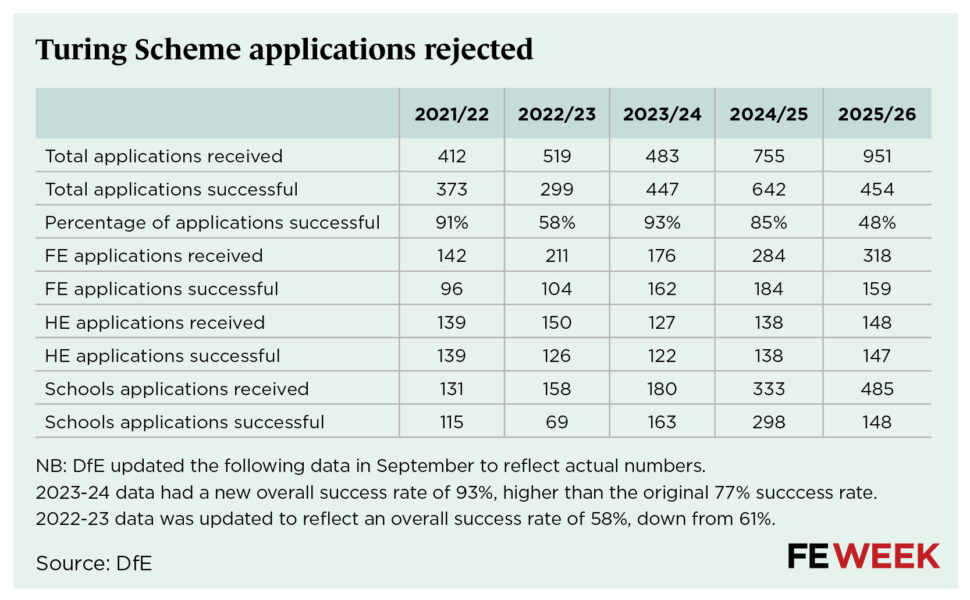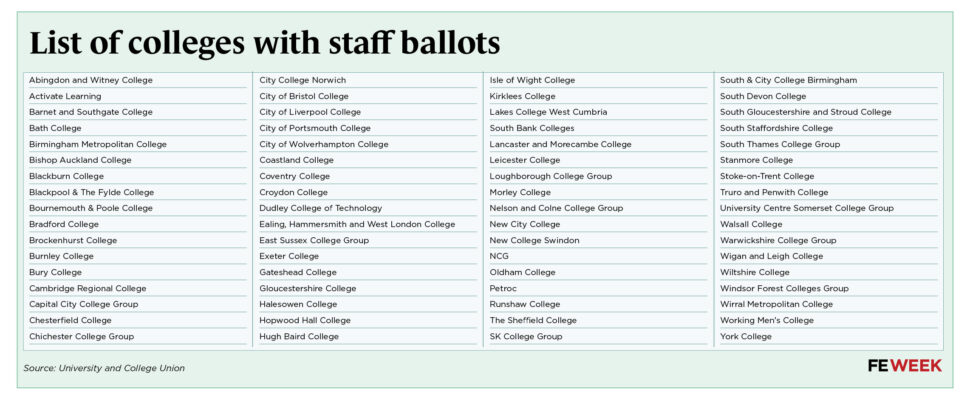The government’s SEND reforms are primarily focused on solving problems that affect schools: lack of inclusion in mainstream settings; spiralling costs; identification of need and support not happening early enough.
But these are not the big issues for colleges. Here, 90 per cent of learners with education, health and care plans (EHCPs) are already in a mainstream setting; less than 10 per cent of the high-needs budget goes on post-16s despite them accounting for 26 per cent of EHCPs; and needs have usually (though not always) been identified well before young people enter FE.
To improve the SEND system for FE learners and providers, the government must consider a different set of issues and other ways forward. Critically, ministers mustn’t impose on colleges a set of solutions to problems we don’t have. Taking medicine for symptoms we aren’t suffering won’t cure FE – and it may make matters worse.
The fact that SEND reforms are being wrapped up in a schools white paper doesn’t fill me with hope that FE will get much of a look in. But that’s not going to stop Natspec – and the Association of Colleges – from pressing the case in the final weeks of drafting before the promised autumn publication date.
We’ll be pushing policymakers to prioritise three key areas: better mechanisms for facilitating transition from school to FE; fairer levels of funded support for FE students with SEND; and ending the cliff-edge experience of leaving college, where support is suddenly withdrawn and rather than opportunities opening up, they fall away.
Specifically, we’ll be looking for the white paper to include plans for:
Transition from school to college
- Creating a better system for commissioning high-needs placements in FE that can be consistently applied across mainstream and specialist colleges
- Developing an information-sharing mechanism between schools and colleges for those without EHCPs
Fairer funding for FE
- Committing an equitable level of funding to SEND in FE through a dedicated SEN support funding stream for students with lower-level needs
- Allocating FE a proportionate amount of both the high-needs budget and SEND-related capital funding
Post-college opportunities
- Cross-departmental work to ensure sufficient support and opportunities exist to enable young people post-college can put into practice the skills, knowledge and behaviours they have gained through FE, and go on to lead fulfilling adult lives
- A system for the early planning of individuals’ post-college social care, support for employment and ongoing learning opportunities
Recognition for specialist FE colleges
The white paper presents the perfect opportunity for government to fully recognise the essential role of specialist colleges. While they may serve just a small number of learners (around 9,000), specialist colleges are the only state-funded alternative to mainstream FE and are therefore essential to ensuring the inclusiveness of the FE system as a whole.
Despite this, specialist colleges are treated very differently to their mainstream counterparts, particularly in terms of eligibility for government support and funding streams. Now could be the time to announce a new designation for specialist colleges that brings them fully ‘inside the tent’.
And if the government really wants to demonstrate that they value the specialist sector, they could start by announcing:
- A one-off capital improvement catch-up fund to enable specialist colleges to carry out urgent and overdue improvement works
- A commitment to giving specialist colleges access to future capital funding rounds in a way that is equitable with general FE colleges
FE provides a vital last rung on the ladder to a successful adulthood for many young people with SEND. Reforms that fail to make that rung secure risk wasting all the time, effort and funding invested in getting young people to this point.




